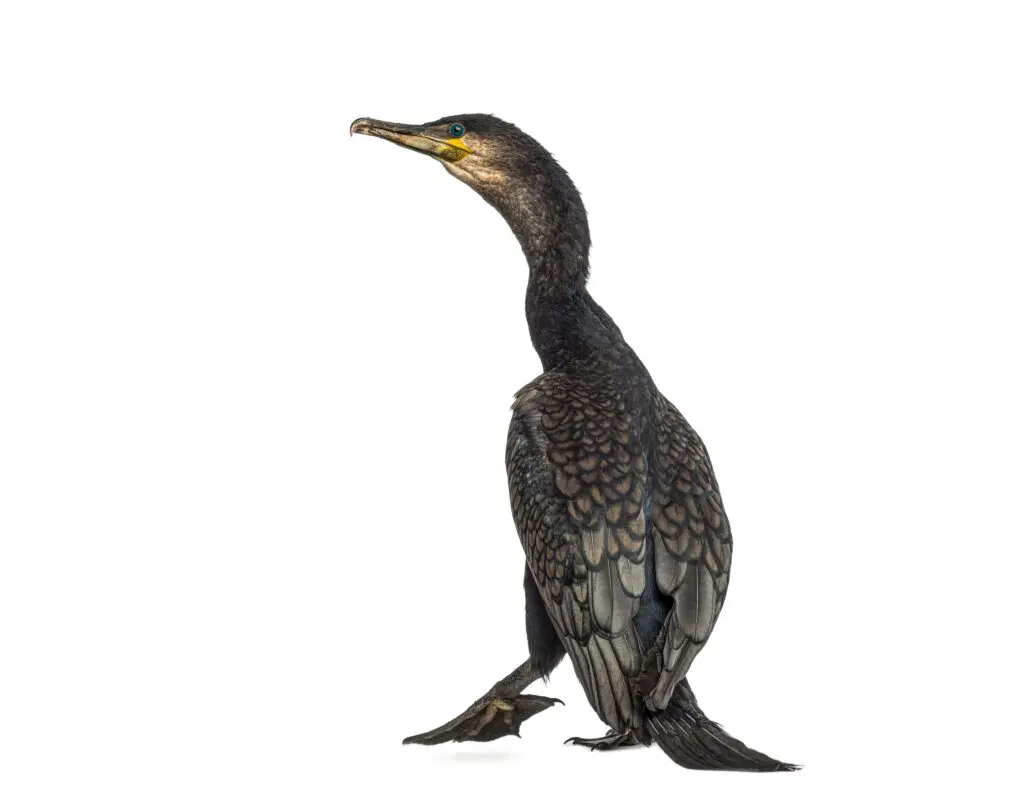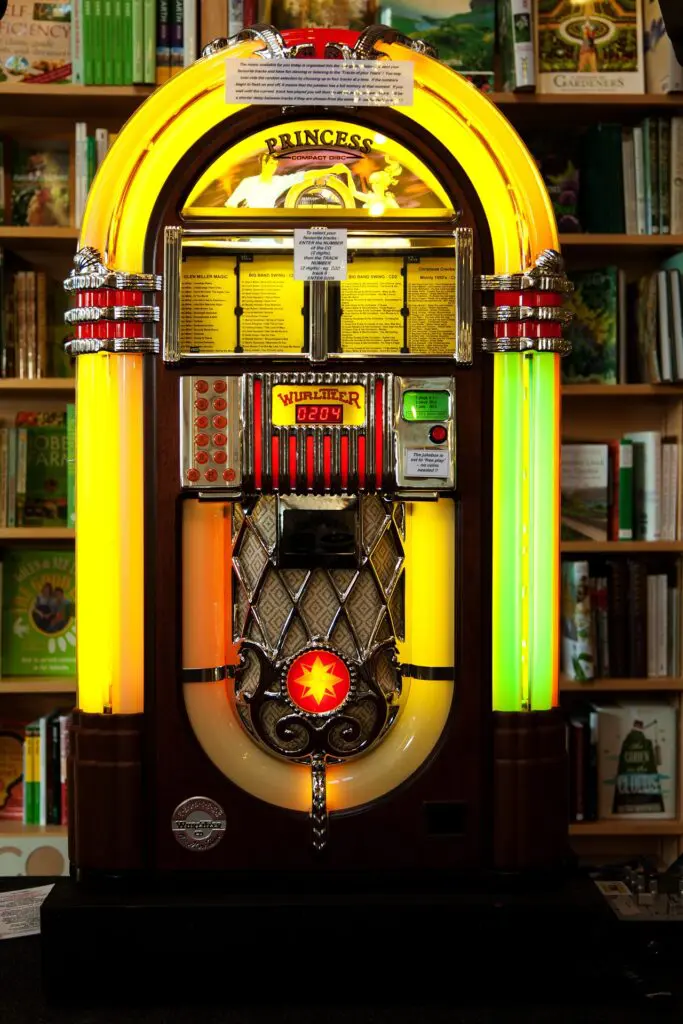Ampevene – Interview – Thanks for Asking!
Written by Staff on May 3, 2024
Ampevene – Interview – Thanks for Asking! – by Liam Sweeny.
We reached out to Gabe Stallman of Ampevene. This is what he had to say.
RRX: Every artist’s first song is a milestone. But so is the latest song. Describe the first song/album you recorded, and also the latest song/album you recorded; what are the differences?
GS: I’ve been recording music for almost my whole life, I started going to a summer camp when I was 11 years old, probably 6 years after I had gotten into writing music on my parents’ piano. We would get together and learn and write songs and go home with a CD of us playing them at the end of the two week session. I think the big difference from back then is learning how to take an idea and figure out all the different ways to manipulate it. When you first start getting into songwriting it starts with playing something that sounds cool and that’s the part. You’re done. As you grow and study you start to collect different emotional and musical tools. First, there are ways that specific chords can be put together, then ways to break those patterns. After doing these things for years they kind of leave the forefront of your mind and you can get back to the emotional source of writing, but all the tricks you’ve learned along the way subconsciously infuse the parts you’re putting together. You start to notice ways that musical rules have either been followed perfectly or broken, and you can break free and get excited about how song parts can grow and turn into sounds and rhythms you never would have expected. I think the music that I write now incorporates much of the diverging mindsets of my previous musical growth and I can finally let that take the wheel.
RRX: Music genres are difficult for some artists. Some strictly adhere; others not so much. What is your perspective on the genre you play, or the genres you hover around?
GS: I think a big aspect of my music in Ampevene is taking concepts that excite me and trying to make music that sounds great to me with those concepts. It might be an approach to rhythm I’ve been told about, or a vamp that was inspired by something I’ve heard. But my biggest goal is to selfishly get myself excited. If I’m pumped about a musical idea I know I can let it grow into something to put into the music, whatever sound that might be. I’ve noticed that as long as I can keep parts exiting to myself, I can really apply that excitement to any genre I want. I’m a big fan of odd time signatures and world music, so lots of strange rhythms and weird scales can get into the music, but I also love electronic music like Aphex Twin so on our album I’ve been trying to throw little suggestions of that type of music as well. I think that within a few songs you can hear anything from pop hooks, to metal breakdowns, to jazz fusion jams. If I’m into it, it’ll be in there.
RRX: You sing or you rap, you play guitar, play drums, what have you, you have no doubt struggled to learn music. Something probably tripped you up. What was it for you? What did you have to overcome?
GS: I think for me it was the fact that I never played or made music for any reason other than that I really loved doing it. Of course there was the “I want to be a rockstar” mentality when I first started playing, but even then it was a means to an end where I could play and write music all the time. I think when the only goal is to play and write it’s really easy to get caught up in seeing other people as better than you, either on a technical level or a business level, because those aren’t the things you’re focusing on. Overcoming the impulse to see those things in a competitive way and trusting the process that, for instance, you’ll become faster when you happen to be interested in playing fast or letting yourself wait to study scales until it’s something that really catches your attention I think is so much better. It let’s you focus on the thing that’s right in front of you, maybe it is one chord progression that you’re trying to get in your fingers, but at the end you can play that version of a 9th chord and then put it into your own songs. That’s so much better to me then seeing that your friend can sweep pick and stopping everything to learn how to do that so you’re on the same level. Then you just wind up sounding the same anyway. Trust the process and focus on what you’re into, and you will turn into the player you want to become.
RRX: What do you think is the most poorly understood thing about music, or the music you play?
GS: I think what’s poorly understood is that music isn’t about any collective “we” of listeners. Music is so much bigger than that. Music is something created by nature the same way everything else is, by evolution ending up somewhere in the right place at the right time. It can be discovered by people in the world, or capitalized on, but it exists whether that happens or not once it’s made. In the same way that there are undiscovered species in the rainforest, there are people in their bedrooms all over the world making the best music you’ve never heard because they have the drive to create and feel like they need to put these sounds together. It doesn’t have to be about making money or even letting anyone else hear it. I think that the best music is music that starts from this type of seed and grows into having a life of its own. If that person making it alone in their bedroom puts it online and it takes off, it’s now a completely different entity. It won’t be heard by people the way it was heard by it’s creator. It’s not better or worse than before it was released, but I think it can be much purer and more honest to the evolution of sound and what is possible from the creativity of the artist, then something that was made with the intention to sell to people. I would say Daniel Johnston, John Frusciante’s first solo album Niandra Lades and Usually Just a T-Shirt, and Wesley Willis, are good examples of music clearly not made with the intention of everyone hearing it, but I think it creates a really unique purity that you don’t often find.
RRX: Our style comes from the extension of our influences. It’s like an evolution. We’re influenced, and it inspires us to influence. What can you say about your influences, and what you feel you’ve done with their influence as a musician or band? Have you extended their work?
GS: I think the biggest thing I have learned from my influences, as obvious as it sounds, is what I like to listen to. It seems like a simple answer but if you take the time to learn songs on your instrument and study the theory that goes into the things you like to hear and play, you start to learn really subtle and extremely subjective things about it. This could have to do with things as small as a mix and where the vocals are in it, or how panning works on a background instrument, but it could also be the scales and chord changes you notice that always perk up your ears, or even the way certain odd time signatures or syncopations in a song rattle off each other to create something unique. If you can learn to notice these things you can recreate them and change the recipe to form your own sound. The other thing I learned was to never settle and to always push boundaries, you might learn or think of a concept and think “well this would never apply to MY writing style” but if you let yourself just have fun with it and experiment sometimes the results can be really brilliant and exciting. A lot of the music I write comes from me getting excited about something I heard in another song or read about somewhere and I have fun putting pieces together to do that idea in my own way.
RRX: With the exception of singing, everyone has an instrument, an inanimate object that has the distinction of being a lifelong friend. Smooth or temperamental, these objects have a character. So pick someone to answer, can you tell us something special about what you play, your technique, your instrument?
GS: The way I try to approach guitar when I’m writing for Ampevene is by thinking of controlled chaos. I have a lot of respect for guitarists that have been pushing the envelope with technical skill the last few decades, but I find that the most exciting music to listen to has much more punk roots. I like guitarists who play messy and dirty and with attitude much more than the pristine metal shred players out there. I like when people sound like they have something to say even if they aren’t technically super skilled. I like when I can tell an artist really put their heart and soul into their sound and their style whether or not there’s any technicality. Kurt Cobain clearly couldn’t shred, but he put all of his efforts into being the incredible songwriter that he was. I really try to come at both of these styles. I think my playing comes off as pretty complex, but I try to keep a messiness and chaotic structure within it so it still stays consistent with the music as a whole, and is not just about how fancy the guitar playing is. I prefer to think that the complexity is more a reflection of the complexities of life than a “look what I can do on this instrument” kind of ego trip. If you’ve followed me this far, I’ll tell you that my favorite guitarists include John Frusciante, Omar Rodriguez Lopez, Jimi Hendrix, Buckethead, David Gilmour, Brent Hinds, Thomas Erak, Jeff Buckley, Johnny Greenwood, and many others. Other musicians that are just as inspiring to me would be Miles Davis, Aphex Twin, John Coltrane, Zach Hill, and many more…I also think it’s important to find inspiration in movies and the details of day to day life.
Check out Ampvene’s 10 year anniversary show at No Fun in Troy on Saturday, May 18th.





 RadioRadioX
RadioRadioX